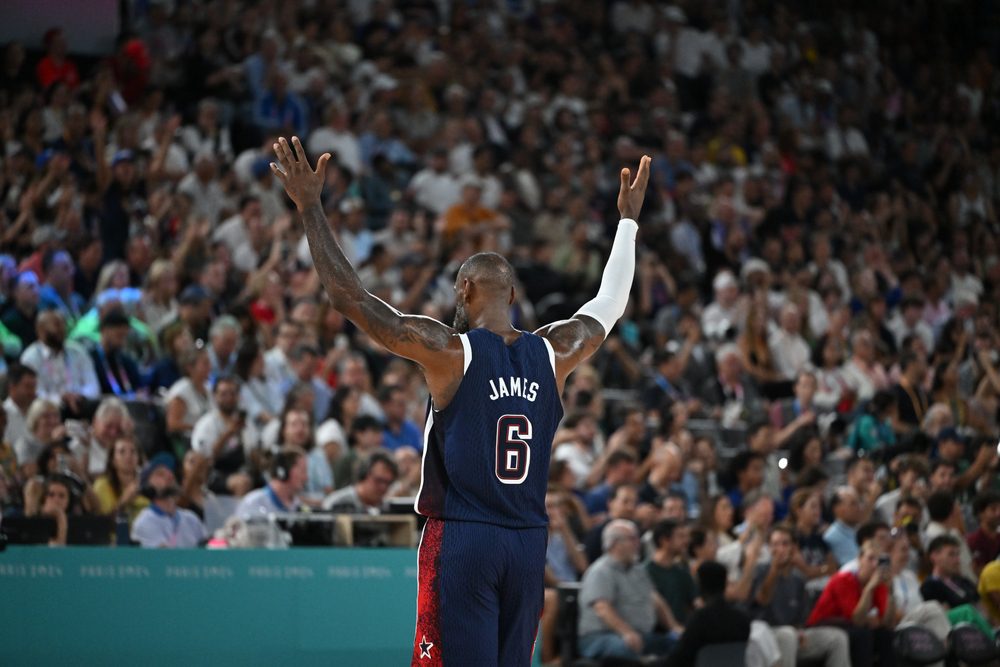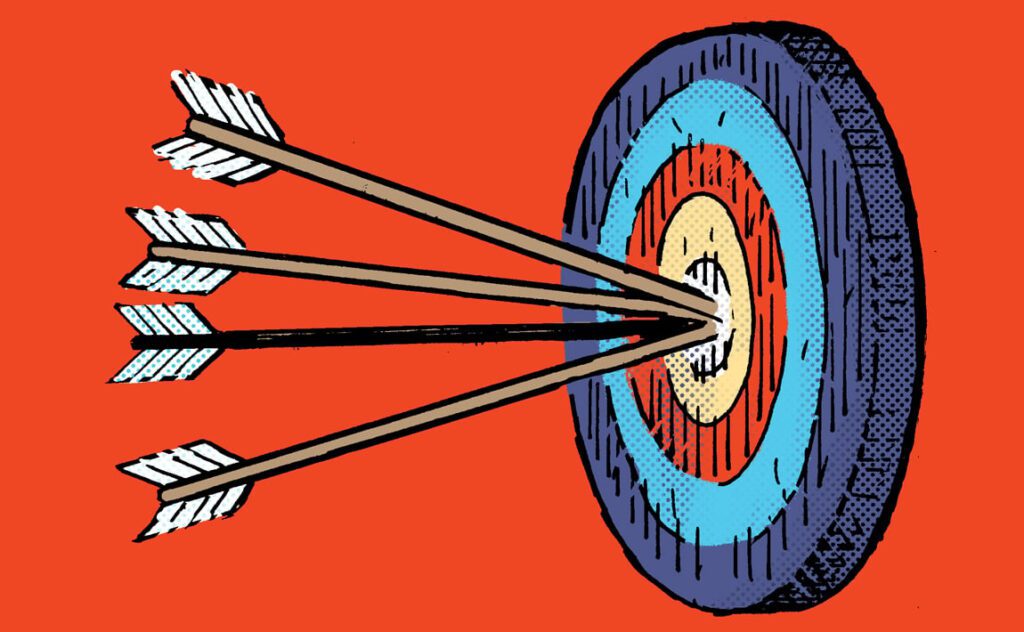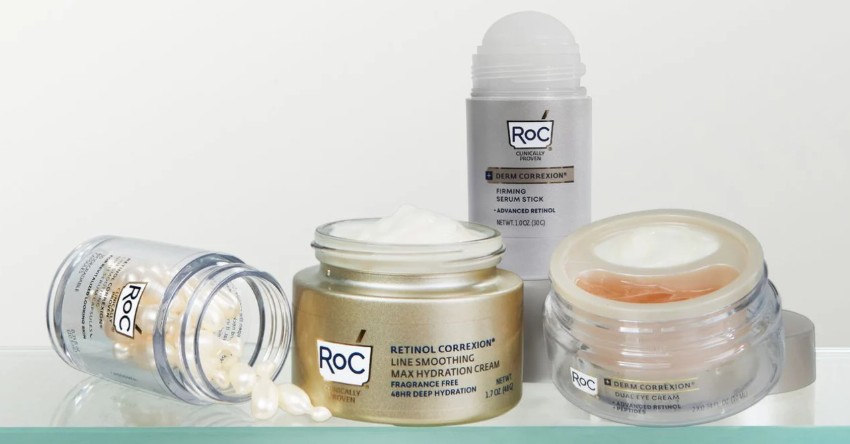Dove received lots of accolades for its atypical Super Bowl spot last month. The ad drove home the message in 46 million homes that self-esteem is a real issue for many young girls who struggle with body image. The spot was also the opening salvo of phase three of the successful Dove Campaign for Real Beauty, a long-standing brand campaign aimed at raising self-esteem in girls and young women.
“Our intentions are very clear,” says Dove Marketing Director Philippe Harousseau. “We want to raise awareness of self-esteem being a real issue [for girls]. Every single one of us can get engaged and can change the way we interact with her to increase self esteem.”
The spot, created by Ogilvy & Mather, showed a series of young girls, one who hates her freckles, others who think they are ugly or fat and one dark-haired girl who wants to be blonde, all real-life issues that can impact the self-esteem and confidence of young girls.
A series of nationwide events and other promotions began last month in a long-term, ambitious goal to improve the lives of 1 million girls by 2008.
At retail, the Unilever beauty brand partnered with Costco and Wal-Mart for events. At 1,500 Wal-Mart stores, “beauty advisors” helped spread Dove’s message. Reps handed out Wal-Mart exclusive activity workbooks — smaller versions of the true you! workbook designed to help mothers talk with their daughters about self-esteem and body image. Shoppers could sign a pledge to help raise self-esteem. Marketing Drive Worldwide, Wilton, CT, handled the events.
“We have to raise awareness in society of a real and critical issue, so we can, in a spectacular way invite everyone in the U.S. to be aware and to get engaged,” Harousseau says.
The complete workbook can be downloaded at Campaignforrealbeauty.com, the one-stop shop for all things related to the Real Beauty global campaign. Beginning with the Super Bowl, girls could chat live at the site with Olympic gymnast Dominique Dawes or Nancy Etcoff, Ph.D, a professor at Harvard University and director of the aesthetics and well-being program at Massachusetts General Hospital in Boston. Visitors can access how-to information, tips for encouraging self-esteem and a “self-check” quiz as well as articles by self-esteem experts and discussion boards. Donations can be made to uniquely ME!, a self-esteem program for girls ages eight to 17 created by the Girl Scouts of the USA and Dove and supported by the Dove Self-Esteem Fund. Within 24-hours after the Super Bowl, the site had 200,000 visitors with more than 2,500 people posting messages on the self-esteem forum. The site typically gets 2,400 visitors in a 24-hour period.
“The Dove spot was not a typical Super Bowl commercial, but it really broke through,” says Tim Calkins, Kellogg School of Management Clinical Associate Professor, who headed a review of Super Bowl ads and gave the Dove spot its highest ranking.
P-O-P materials shipped nationwide last month drive home the self-esteem message and encouraged brand loyalty. For example, one creative explains that a purchase of $15 worth of Dove products triggers funding to uniquely ME! and a free T-shirt for the shopper.
A self-esteem curriculum, developed by uniquely ME!, will be brought to more than 300 college campuses by the national Kappa Delta Sorority.
“Self esteem issues go well beyond high school,” Harousseau says.
The Real Beauty campaign launched in 2004 after the brand commissioned a global study that found only 2% of women around the world describe themselves as “beautiful.”
 Network
Network

